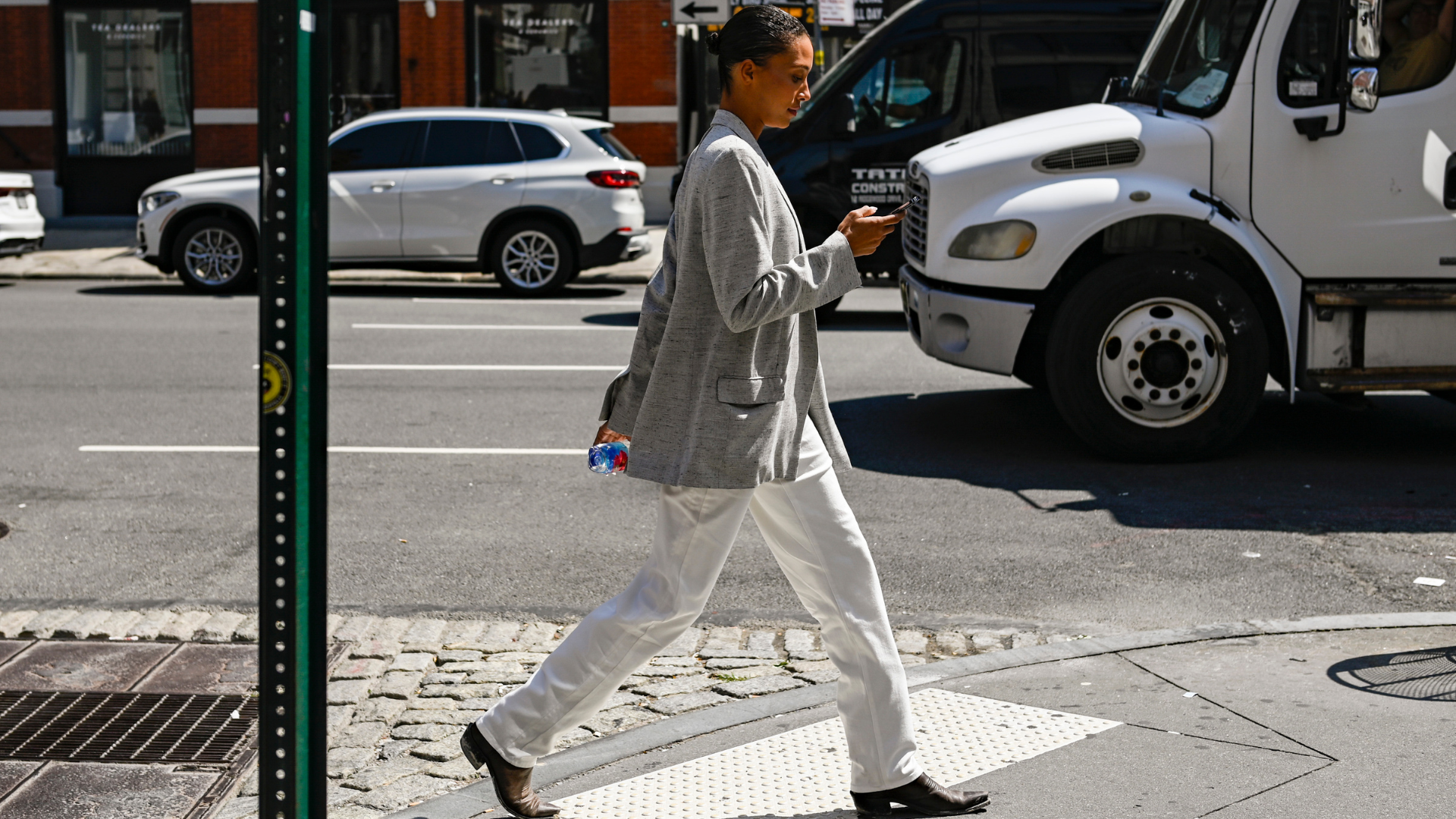
While personal style and individualism are still an ongoing topic throughout different generations, it seems that Gen Z’s take is a bit more extreme, at least to older generations. Recently, a woman went viral on TikTok for wearing shorts to an interview. She explained she was sent home and seemed confused about why this was an issue. The younger generation’s view on professionalism may be skewed because of the lockdown and many jobs remaining remote, however, professionalism as a whole is changing with the times.
Now, as young professionals in different industries are graduating and entering the job market their interpretation of professionalism is heightened since coming back to the office is starting to be a requirement. Dress codes may or may not be growing lax, but business casual still rings true to button-downs, blazers, and dress pants. Gen Z is known for its many “cores” and aesthetics, so seeing how power dressing or dressing the part is interpreted is interesting to see from these differing perspectives.
27-year-old Ketia Jeune is a strategy associate at Milk Agency and a fashion girl at heart. Her style is eclectic and bold–she often allows her bright pink hair to do the heavy lifting in regard to her personal style. For the two days a week that she heads to the office, she chooses to not adhere to a typical dress code.
Jeune spices it up by pushing the envelope, playing around with blazers, and seeing how cropped she can wear her shirts. “I hate buying ‘work’ clothes, so my going out clothes are my work clothes that I’m forced to seem professional,” Ketia shared.
Adele Uzzmat Iyunade, 22, works as an accounting intern for a ministry. With the religious aspect of her job, the dress code is also deemed corporate, but more so modest. As an intern there is surely pressure to impress, so she sticks to the dress code while adding her own style to the rules.
As Iyunade gets dressed for the office, she adds in layering tactics and color coordination. She tries to infuse a few casual elements into her corporate attire–with these tactics she’s able to express herself creatively.
Toyin Lanade, a senior account executive at McCann is at the cusp of Gen Z and millennial–her style is reflective of this. The 29-year-old is often posting daily outfit photos on her Instagram feed with compelling and detailed silhouette choices. Her take on professionalism stays within the confines of her office dress code, yet she finds ways to add her personal style with details like an oversized wide-legged pant paired with a cinched waist polo top and kitten heels with socks.
Even as Lanade keeps her outfits modest, she’ll add a long sleeve with cutouts and layer a tank top underneath to ensure she’s adhering to a corporate yet casual dress code.
To Peace John, 22, a digital marketer at Systemspecs Deelaa LTD, the dress code is simply stated as corporate-casual. She’d describe her office attire as corporate, casual, and a bit alternative. She’ll often incorporate her modern African attire into her outfits. “I include a lot of improvisation, wear outfits wrongly, [I’ll also] mix a lot of aesthetics, and just generally experiment with my outfit on most days.”
There are days when she will deviate from the dress code. She shares that her company’s human resources department has yet to send her any feedback on violating what is deemed appropriate for in-office attire. “[I] think I’ve just interpreted [dress code] differently. Human resources is never really bothered except when outfits are revealing, or when people look unkept,” John shared.
It seems as though Gen Z is in an overall positive slot with adhering to dress codes and making it their own. As for some with a few issues on learning professionalism, let’s take it easy on them as they haven’t been taught in full what employers look for in a young professional’s way of dressing. This generation is changing narratives left and right by being outspoken and also dressing boldly to declare stances on their opinions. Every generation has done so but it looks as if Gen Z is taking it a step further and making older generations buzz with opposing opinions.